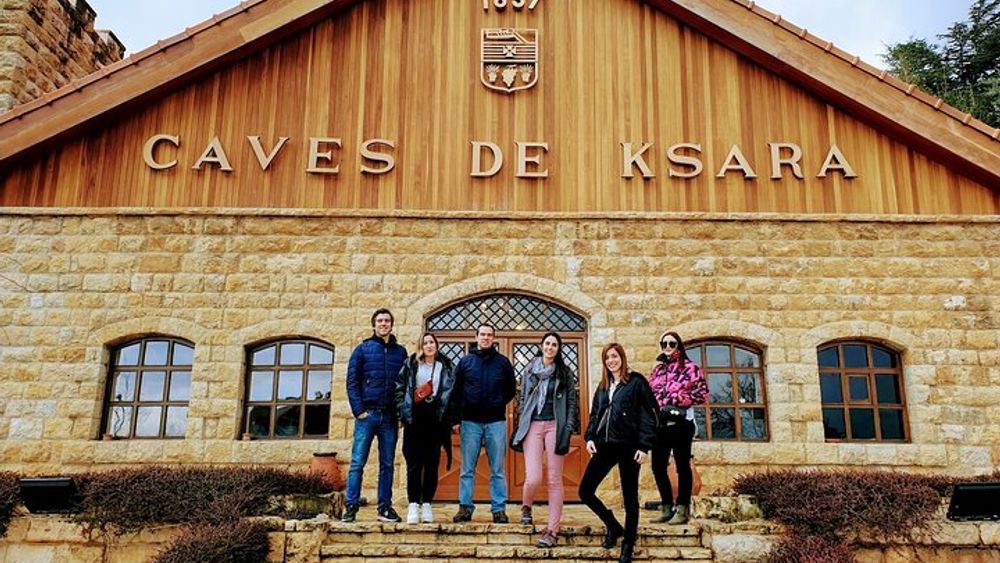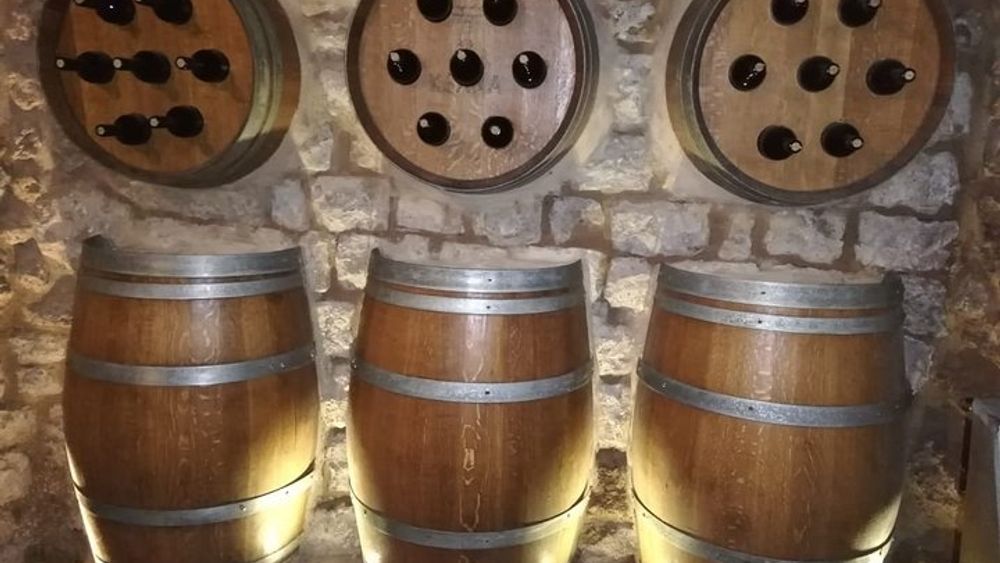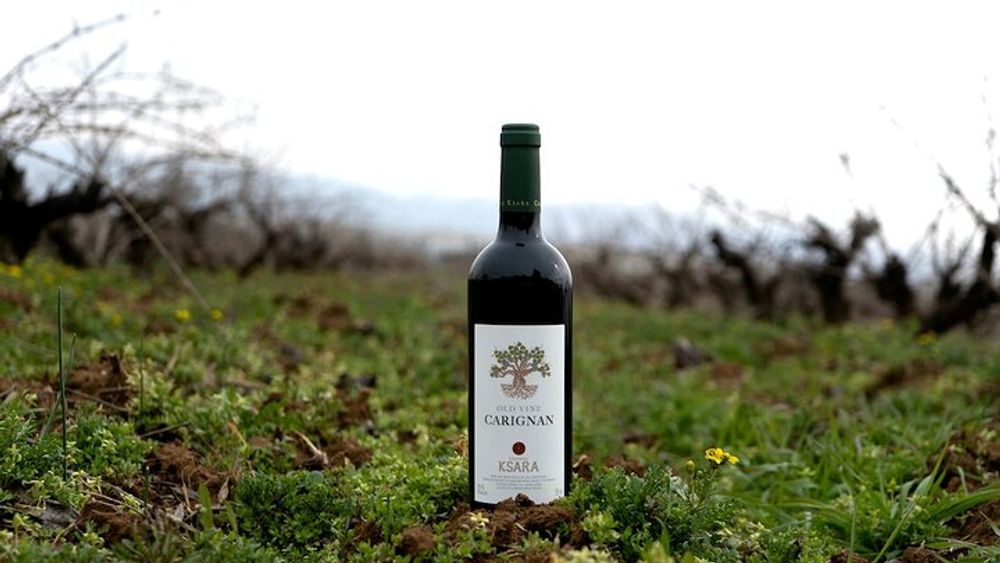LTO - Private Half-Day Tour to Baalbek & Ksara from Beirut with Lunch
6 hours
Group 1+
Arabic, English
6 hours
What you'll do
There is no better way to explore the magnificent Baalbek city than by combining it with a wine tasting. Relax in a private AC car, and make your way to explore one of the most preserved temples in the world, the huge Baalbek temples. After a rich informative tour, stop at Chateau Ksara to taste some authentic Lebanese wine. During the tour, enjoy a Lebanese local lunch at a nice restaurant. Lunch cost as well as entrance fees and wine tasting fees are included, so don't hassle yourself and just enjoy your day!
Itinerary
- 1Baalbek, is home to the Baalbek temple complex which includes two of the largest and grandest Roman temple ruins: the Temple of Bacchus and the Temple of Jupiter. It was inscribed in 1984 as an UNESCO World Heritage site.
- 2This Phoenician city, where a triad of deities was worshipped, was known as Heliopolis during the Hellenistic period. It retained its religious function during Roman times, when the sanctuary of the Heliopolitan Jupiter attracted thousands of pilgrims. Baalbek, with its colossal structures, is one of the finest examples of Imperial Roman architecture at its apogee.
- 3
The complex of temples at Baalbek is located at the foot of the south-west slope of Anti-Lebanon, bordering the fertile plain of the Bekaa at an altitude of 1150 m. The city of Baalbek reached its apogee during Roman times. Its colossal constructions built over a period of more than two centuries, make it one of the most famous sanctuaries of the Roman world and a model of Imperial Roman architecture. Pilgrims thronged to the sanctuary to venerate the three deities, known under the name of the Romanized Triad of Heliopolis, an essentially Phoenician cult (Jupiter, Venus and Bacchus).
- 4
Baalbeck roman ruins, Lebanon's greatest Roman treasure, can be counted among the wonders of the ancient world. The largest and most noble Roman temples ever built, they are also among the best preserved.
One of the most iconic landmarks in Lebanon, the Roman Ruins in Baalbek are a must for any tourist. Originally a site of Phoenician worship, the temples were taken over by the Romans after their colonization. What was once the home of Astarte became the home of Venus, the Goddess of Love. The same site also endured the Christian and Islamic eras to become what it is today. Walk the historical steps as you marvel Baalbek’s towering structures.
- 5
The Temple of Jupiter is a colossal Roman temple, the largest of the Roman world, situated at the Baalbek complex in Heliopolis. The temple served as an oracle and was dedicated to Jupiter Heliopolitanus.
It is not known who designed the temple, nor exactly when it was constructed. Work probably began around 16 BC and was nearly complete by about ad 60. It is situated at the western end of the Great Court of Roman Heliopolis, on a broad platform of stone raised another 7 m (23 ft) above the huge stones of the foundation, three of which are among the heaviest blocks ever used in a construction.
It was the biggest temple dedicated to Jupiter in all the Roman empire. The columns were 30 meters high with a diameter of nearly 2.5 meters: the biggest in the classical world. It took three centuries to create this colossal temple complex.
- 6
The Temple of Bacchus is part of the Baalbek temple complex located in the Bekaa Valley, Lebanon. The temple complex is considered an outstanding archaeological and artistic site of Imperial Roman Architecture and was inscribed as an UNESCO World Heritage site in 1984. The Temple of Bacchus is one of the best preserved and grandest Roman temple ruins; its age is unknown, but Its fine ornamentation can be dated to the second century CE.
- 7
The Temple of Venus was built in the third century. Built on a horseshoe-shaped platform, it consists of a circular shrine with a square entrance that is almost as big. The outer façade of the shrine is graced by five niches, which means that there is not a single square wall. In the niches are representations of doves and shells, which has been taken as evidence that the shrine was dedicated to Venus.
- 8
The Mosque of sayeda Khawla in Baalbek, Lebanon is erected on the site where Sayyida Khawla, the daughter of Imam al-Hussein, the grandson of the Prophet Muhammad, is believed to have been buried. People of Baalbek believe that when the caravan of captives of Karbala passed Baalbek, The daughter of Imam al-Hussein, called Khawla passed away and was buried there.
- 9
The Stone of the Pregnant Woman is a worked Roman monolith in Baalbek, Lebanon. Together with another ancient stone block nearby, it is among the largest monoliths ever quarried. The two building blocks were presumably intended for the nearby Roman temple complex, and are characterized by a monolithic gigantism that was unparalleled in antiquity.
- 10
Château Ksara is a wine company in The Beqaa Valley Lebanon. Founded in 1857 by Jesuit priests. Château Ksara developed the first dry wine in Lebanon. Château Ksara produces approximately 3 million bottles annually. Its wines are exported to over 40 countries.
What's Included
Air-conditioned vehicle
Private transportation
English speaking driver
Hotel pick up & drop off
Lunch
Entrance fees
Local guide in Baalbek
What's not included
Gratuities
Notes
Not wheelchair accessible
Not stroller accessible
Not suitable for pets
No public transportation nearby
Infants must not sit on laps
Gallery



Cancellation policy
A full refund will apply if you cancel more than 24 hours before the activity start time.
No refund is possible if you cancel less than 24 hours before the activity start time.
Get inspired by a world of food
Carefully curated guides, reviews and inspiration by our team of food travellers and critics.




